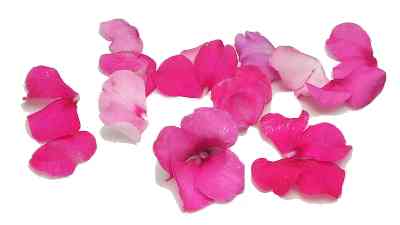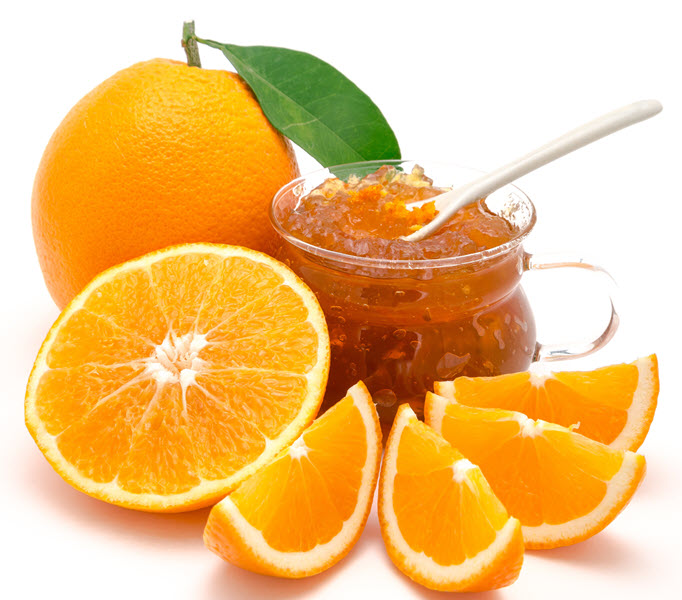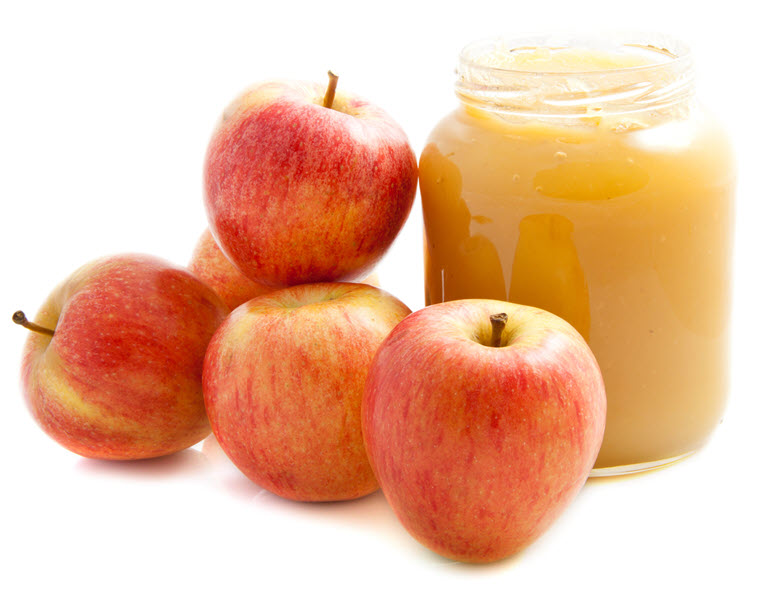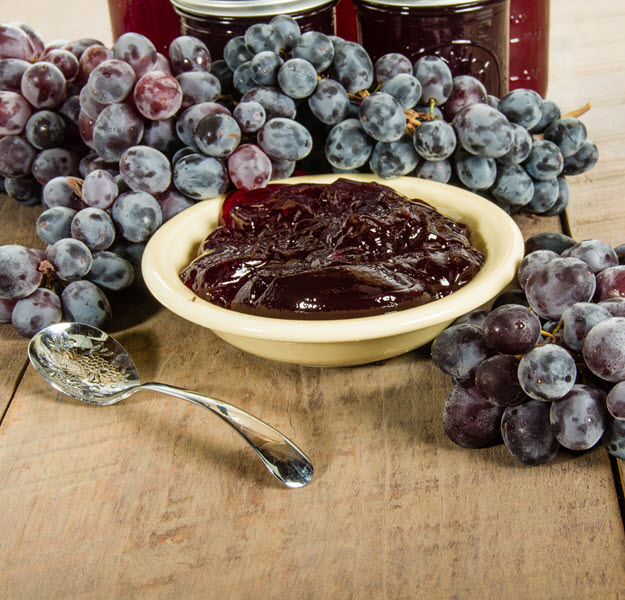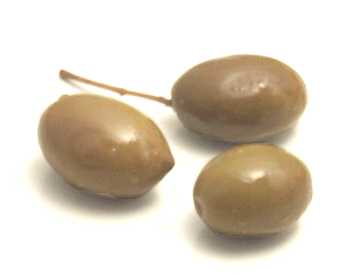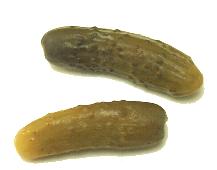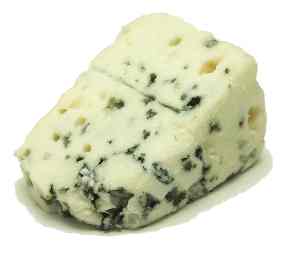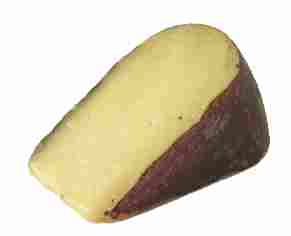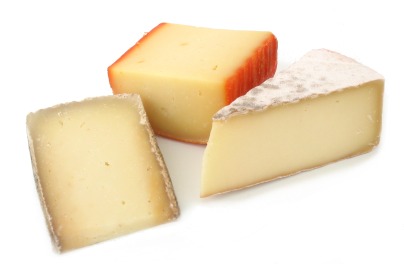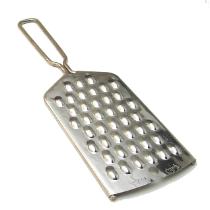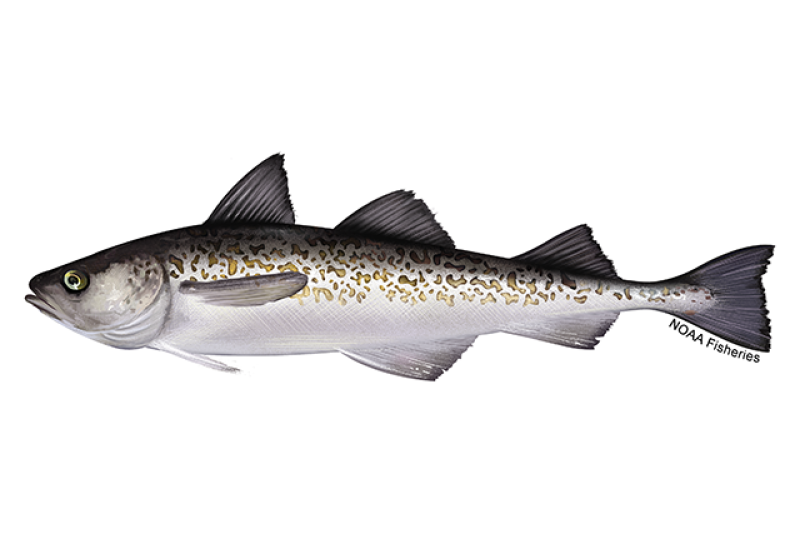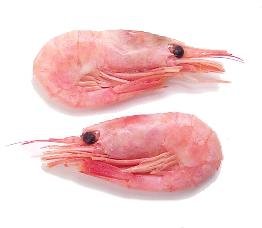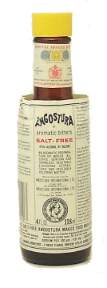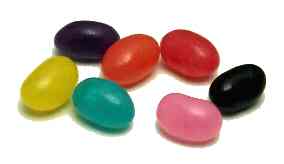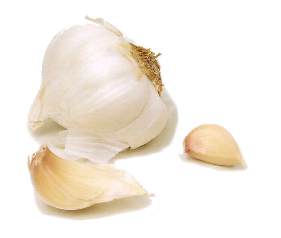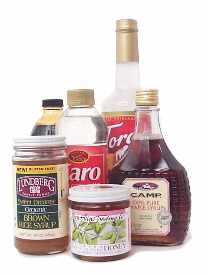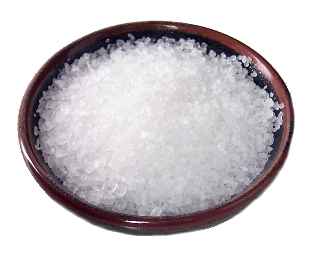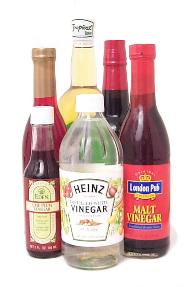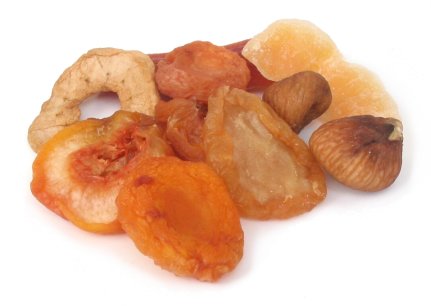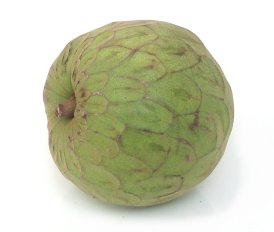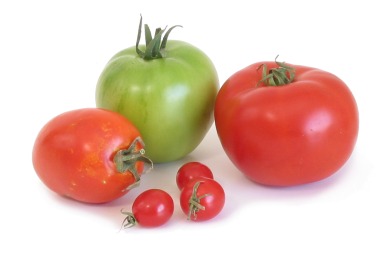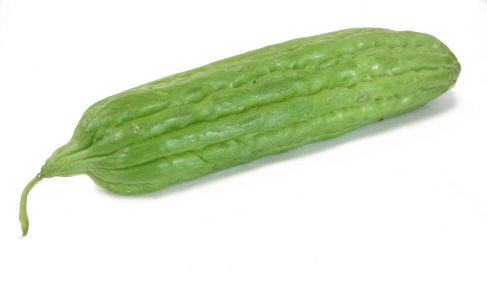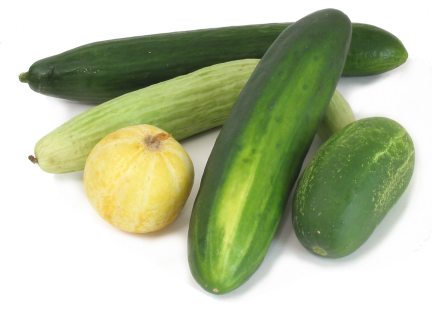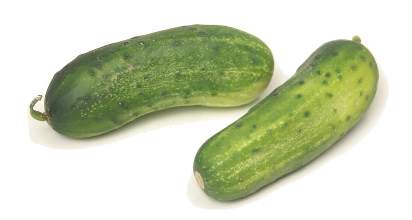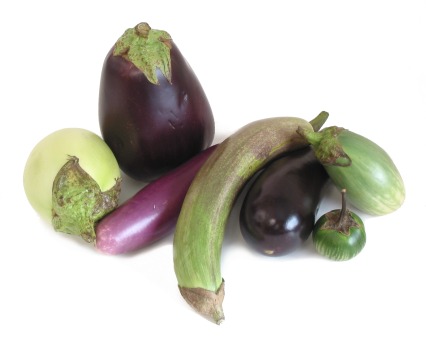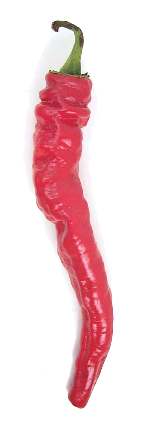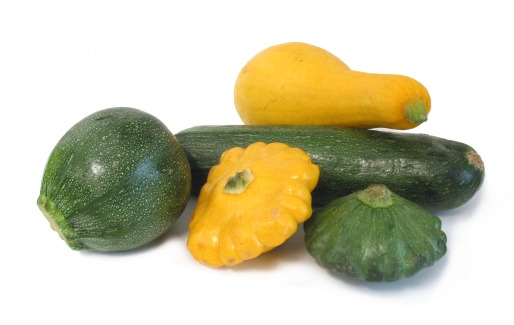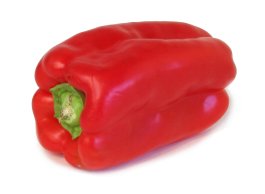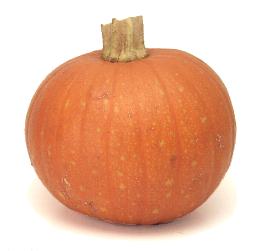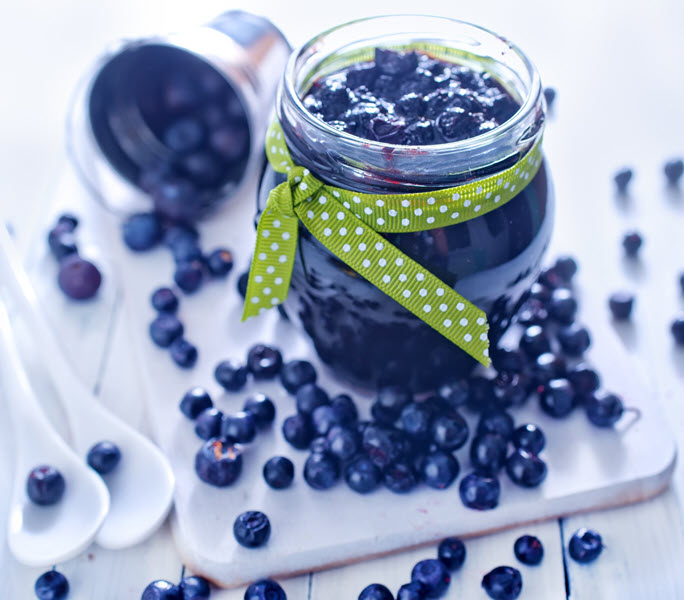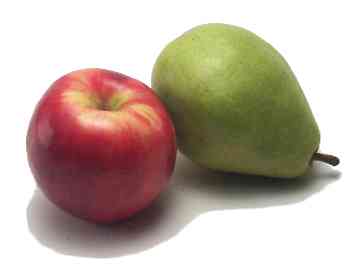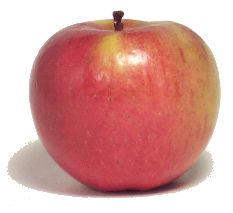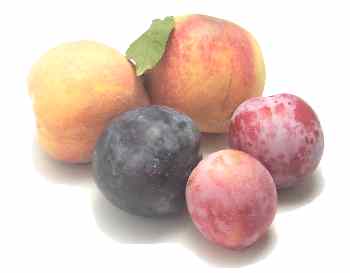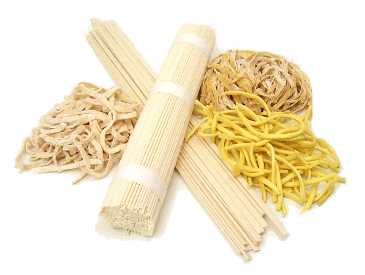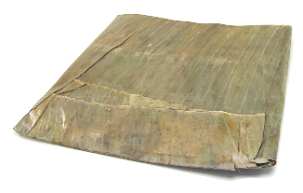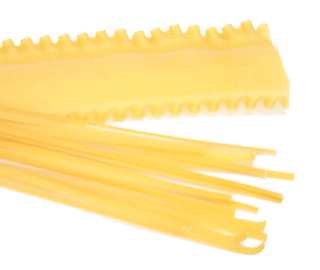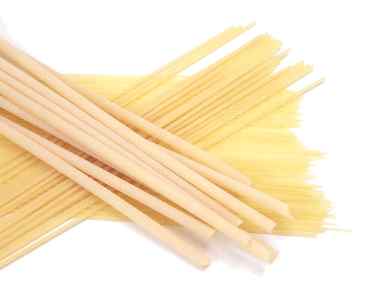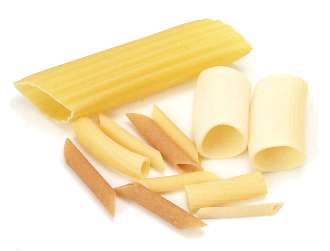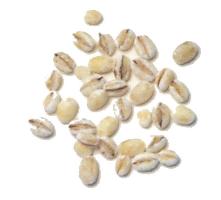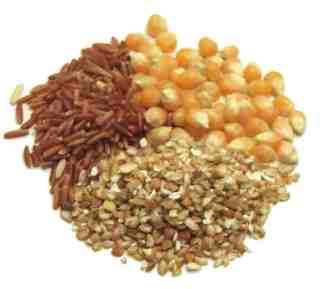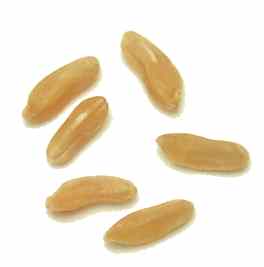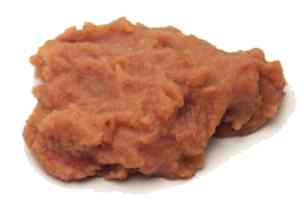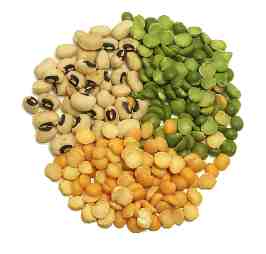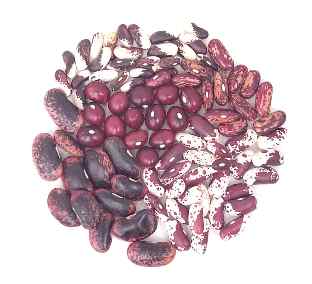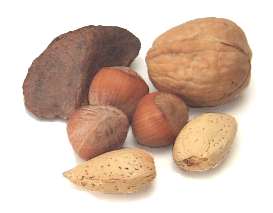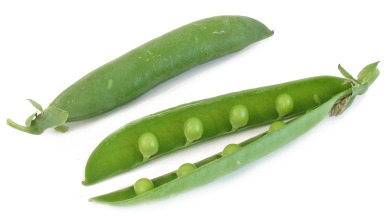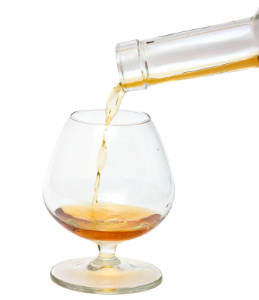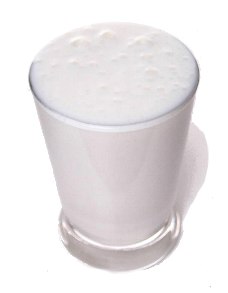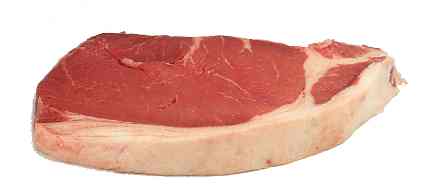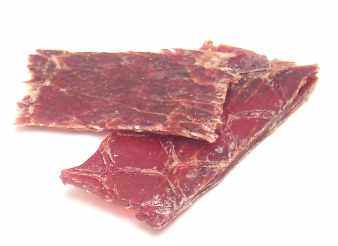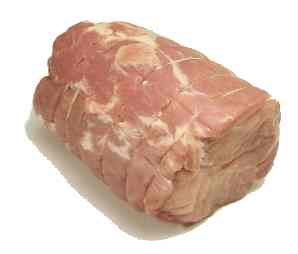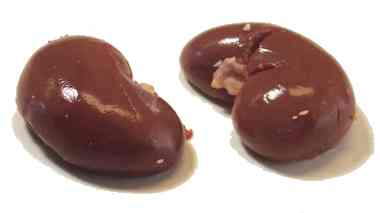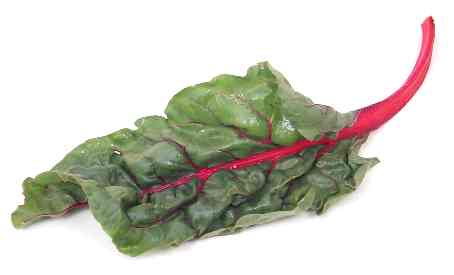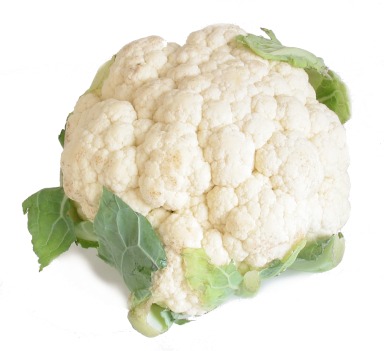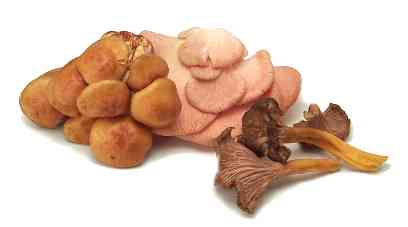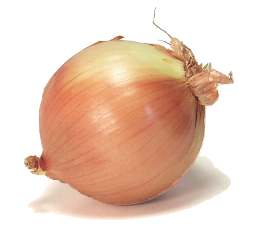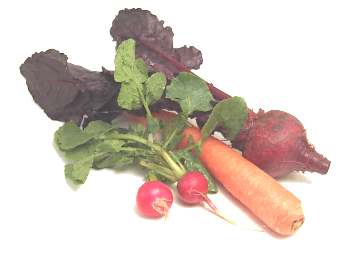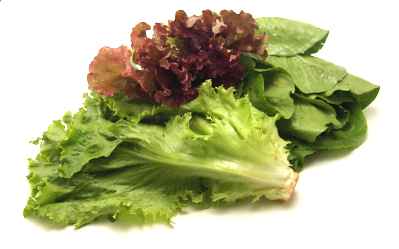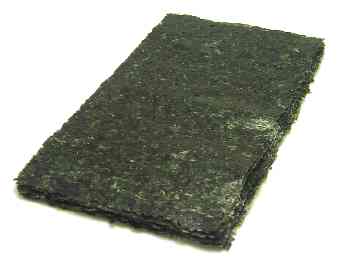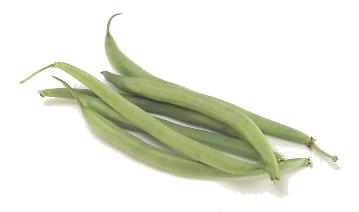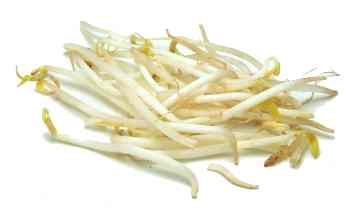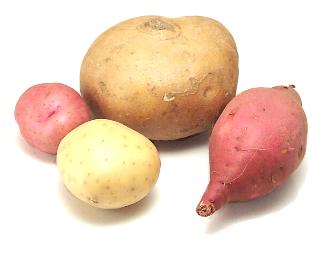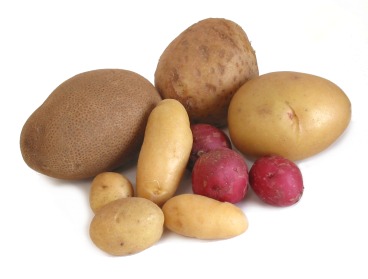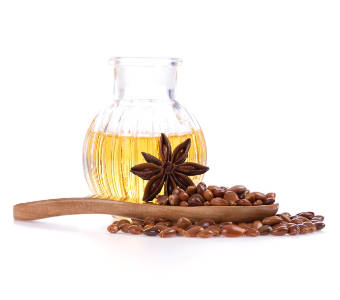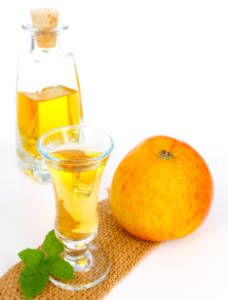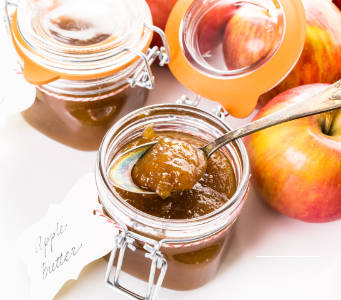All Ingredients
anchovies
It's best to get these salted rather than canned. Rinse the salt off before using. Unopened canned anchovies can be stored for up to a year in a dry, cool place. Once opened, they will keep for up to two days if you wrap them well and refrigerate them.
Learn moreandouille
This is a spicy smoked Cajun sausage that's used in jambalaya and gumbo. Don't confuse it with andouillette, a French sausage that's made from tripe.
Learn moreandouillette
This tripe sausage has an unpleasant aroma and an assertive flavor, but while it's definitely not a crowd-pleaser, it's acquired something of a cult following. Larger sausages are called French andouille.
Learn moreanelli
This variety of Italian pasta consists of small rings. It's used in soups and pasta salads. A tiny version is called anellini.
Learn moreangel food cake
This is an airy white sponge cake made without egg yolks or any fat. It gets its volume from stiffly beaten egg whites, and it's normally baked in a tube pan. Many bakeries sell it ready-made. It will keep its shape better if you cut it with a serrated knife.
Learn moreangel hair pasta
Angel hair pasta is like spaghetti, only the rods are very thin. It's usually served in a broth or with very thin and delicate sauces.
Learn moreangelica
Angelica is prized for its crunchy stems, which are often candied and used to decorate baked goods. You can also use the leaves and stems to add a celery flavor to liqueurs, sauces, and vegetable side dishes.
Learn moreangled loofa
A native of Pakistan, this mild vegetable has a slightly bitter edge that pairs well with sweet and acidic ingredients in stir-fry dishes. You can also eat it raw, or dry it to make a loofa sponge. You can leave the peel on, but some people find the flavor off-putting. Remove any large seeds if you wish to cut the bitterness.
Learn moreAngostura® bitters
This famous rum-based brand of bitters was first developed in the 1800s by Simon Bolivar's personal physician. It's 45% alcohol, and comes in small brown bottles with yellow caps. It's now produced in Trinidad.
Learn moreanise
This is a name sometimes given to drier anise-flavored liqueurs, like pastis, ouzo, and arak.
Learn moreanise extract
This tastes like licorice, and it's typically used to flavor cakes and cookies.
Learn moreanise oil
This imparts a licorice flavor to foods. Look for it near the spices in large supermarkets or in candy supply stores or pharmacies. You can store flavoring oils indefinitely in a cool, dark place.
Learn moreanise seed
Cooks use anise seed to impart a licorice flavor to baked goods, liqueurs, and candies.
Learn moreanise-flavored liqueurs
This is a category of liqueurs that are flavored with either anise, star anise, or licorice. Examples include anisette and pastis from France, ouzo and mistra from Greece, anesone and sambuca from Italy, anis and ojen from Spain, and kasra from Libya.
Learn moreanisette
This French liqueur is flavored with anise seeds. It's sweeter and lower in alcohol than other anise-flavored liqueurs. Marie Brizard is a well-respected brand.
Learn moreAnjou pear
These economical pears aren't as tasty as some of the other varieties, but they're still good for both eating and cooking. The peel stays light green even when the pear is ripe.
Learn moreannatto oil
Annatto oil adds a bright red color and some flavor to foods. It is prepared by grinding annatto seeds and mixing the powder with oil.
Learn moreannatto paste
Annatto paste adds a bright red color and some flavor to foods. It is prepared by grinding annatto seeds and mixing the powder with lard.
Learn moreannatto seeds
Annatto seeds don't have a lot of flavor, but they impart a rich reddish-orange color to stews and sauces. Look for the seeds, either whole or ground, in Latin American or Caribbean markets. To extract the color, steep the seeds in boiling water for about 20 minutes, then discard the seeds.
Learn moreapéritif
Apéritifs are alcoholic drinks that, like appetizers, are served before dinner to perk up the appetite and wake up the taste buds. Examples include fortified wines, herbal and bitter liqueurs, and sparkling wines. Europeans often prefer these over cocktails.
Learn moreappaloosa bean
These heirloom beans have markings like Appaloosa ponies. They're often used to make chili and soups.
Learn moreapple
Crisp, juicy apples are great in lunchboxes, but they can also be made into pies and tarts, pressed into cider, or baked with sugar and spices. Select apples that are firm, deeply colored, and of average size. Reject those that have soft spots or broken skins. They're available throughout the year, but they're usually better and cheaper in the fall. Softer apples are best for applesauce, while firmer apples are best for baking and making pies. You can increase the sweetness or acidity of the product by adding sugar or a few drops of lemon juice to the recipe. Three medium apples weigh about one pound. One medium apple yields about one cup of slices. To learn about different varieties of apples, click here.
Learn moreapple brandy
This exquisite brandy has a soft apple fragrance. Calvados = calva (cal-VAH-dohs) is the French version, applejack = apple jack is the inferior American version. Calvados is ranked much like cognac. The very best Calvados are labeled Napoleon, Extra Old (XO), Extra, or Hors D'Age. After that comes VSOP, Vieille Reserve, or VO. Next come Vieux or Reserve Calvados, then those with three stars or three apples on their labels.
Learn moreapple butter
Apple butter isn't made from real butter. Instead, it's made by cooking apples until the sugar in them caramelizes, turning the sauce a rich brown color. It's used as a spread, and also as a fat-free substitute in many baking recipes.
Learn moreapple cider
Apple juice and apple cider are very similar, except that all of the apple pulp is filtered out of the juice, while some remains in the cider.
Learn moreapple green eggplant
These eggplant resemble green apples, and are mild and sweet. You don't need to peel them.
Learn moreapple jelly
You can use this like any other jelly, but it's often used as a glaze when roasting pork.
Learn moreapple juice
Apple juice and apple cider are very similar, except that all of the apple pulp is filtered out of the juice, while some remains in the cider.
Learn more









